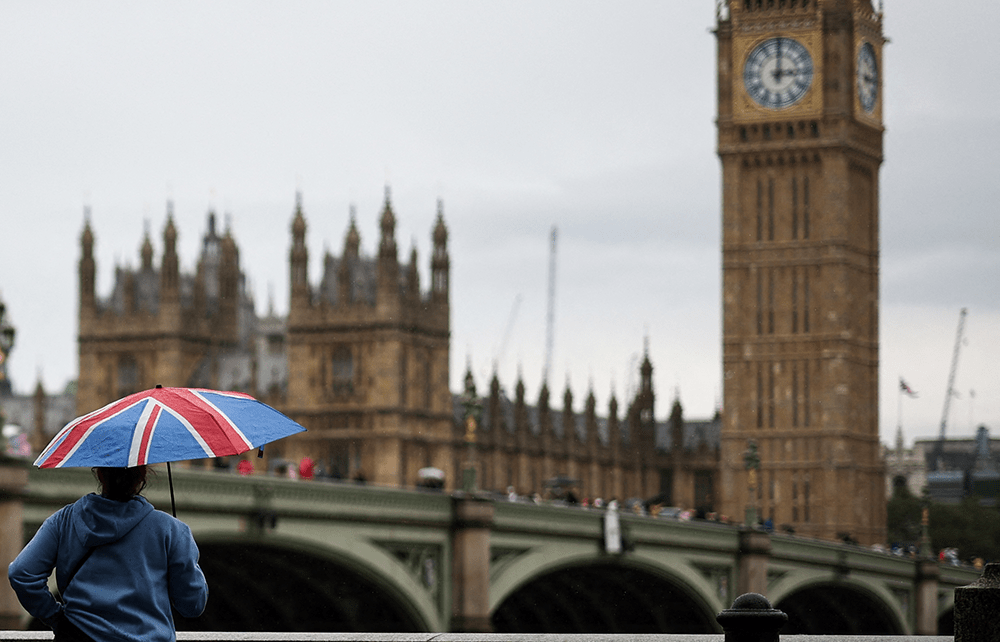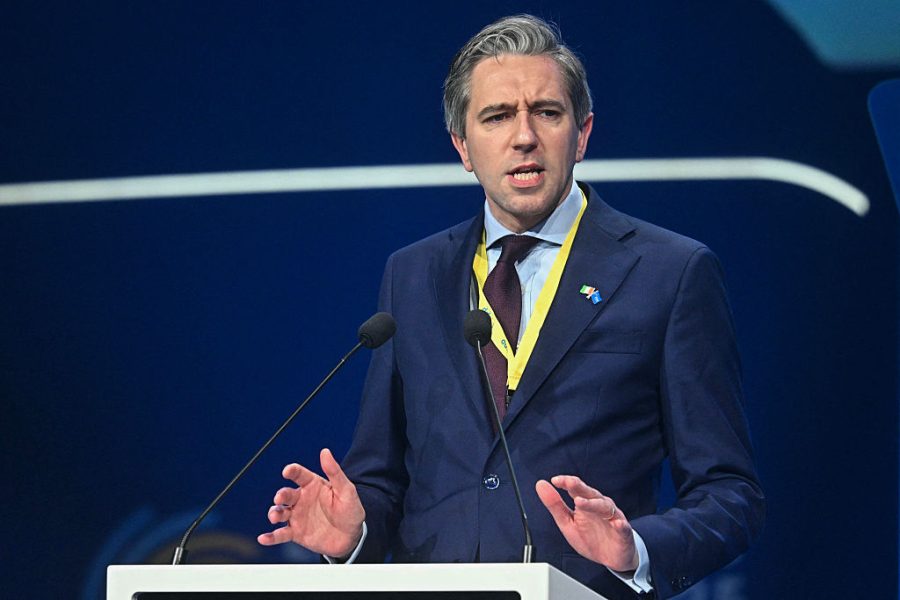Sir Keir Starmer offered a sausage to fortune when he let Lord Alli bankroll half the cabinet. One’s heart does not bleed for those ministers assailed for taking his gifts in cash and kind. They have spent the last few years being mercilessly sanctimonious. But their plight does confirm that being a Member of Parliament has become an ever more disagreeable life and is therefore pursued by people ever less representative of the population. The traditional compensation for MPs’ relatively low salaries was a) some freedom to earn money elsewhere and b) respect. Both have dramatically diminished. Deference meant, for example, that few dared disturb their MP at home at a weekend. Now constituents literally ring them up and demand they unblock their drains (I have been witness to this). It was considered the duty of the wealthy man – or sometimes of a wealthy organisation, such as a trade union – to help MPs materially. This was liable to corruption, but it is not fundamentally a corrupt idea. It is much better that politicians should be assisted by well-disposed citizens than dependent on state handouts. When the staggeringly rich Philip Sassoon became an MP, Churchill purred: ‘A Pullman car has joined the train.’ Lord Alli, with his free frocks, suits and spectacles, his London penthouse, New York flat, and lavish parties in Kent, is Labour’s 21st-century Pullman. Even today, things are worse for women MPs. They are minutely judged on their looks, which therefore require the right clothes, make-up, bags, shoes and hair. They often lack the money and also, especially with young children, the time. They need help.
One charge against Lord Alli is that he was instrumental in ensuring that many scores of the ‘right’, pliable Labour candidates were selected for winnable seats by seconding to Labour a member of his staff, Matt Faulding, to take charge. According to Michael Crick’s current research on the composition of the new parliament, Mr Faulding seems to have done this with ruthless aplomb. There is much resentment among potential Labour candidates not so favoured (as there is among Conservative candidates who say that Rishi Sunak’s team did much the same). They complain that Mr Faulding’s choices were unrepresentatively right-wing. Crick’s studies lead him also to endorse a point made at a Labour LGBT+ reception earlier this year by Abdi Duale, a gay member of the party’s NEC, who said that almost a quarter of the new Labour candidates were gay. This follows from the difficulties of an MP’s life I describe above. Although some gay men do have children, most don’t, and therefore have more time for politics and more unencumbered income.
I am interested in the leather-lined wellington boots worn by Steve Reed, the new Defra Secretary, (current cost, £420). It has been alleged that these, too, are a gift from Lord Alli. It is obviously important for field-cred that the minister in charge of agriculture wear wellies, and possibly Mr Reed, an ex-leader of Lambeth Council who sits for Streatham and Croydon North, was previously ill-acquainted with this item. He is leading the charge for a trail-hunting ban, so it is surprising that his choice of boot is called Chasseur. We know Mr Reed does not care that trail-hunting involves no killing: he wants to ban it anyway because the mere mention of hunting disgusts him. Why doesn’t he ban his own boots?
The tireless campaign to force government to entrench in law the concept of ‘Islamophobia’ has encountered a setback. In response to eloquent protest from the Network of Sikh Organisations, the Minister for Faith (!), Lord Khan of Burnley, accepts the Sikhs’ argument that Islamophobia ‘is not in line’ with the provisions of the Equality Act, because it treats anti-Muslim views as racist. The government says it wishes to view the subject ‘through a more holistic lens’. Other religions particularly fear the Islamophobia concept would circumscribe their own freedom to express their beliefs. For instance, the Sikhs object to examples of Islamophobia as proposed by those advocating its outlawing. One is ‘claims of Muslims spreading Islam by the sword or subjugating minority groups under their rule…’. The Sikhs point out that Islam ‘did indeed spread by the sword’ and does so today in places like Afghanistan and Nigeria. I recommend a fascinating new book – a military history, not a polemic – called The House of War, by Maj-Gen. Sir Simon Mayall. It relates and connects the most important Muslim battles over 1,300 years. The end of his story, after the first world war, brought home to me a paradox: ‘Christendom’ ended the Caliphate, yet today the idea of Christendom is all but dead, whereas that of the Caliphate is very much alive.
Reporting on Mohamed Fayed was one of the great frustrations of editing a newspaper in the 1990s. We all knew he behaved appallingly in numerous ways, and we believed he was sexually assaulting women. But so great were the legal and security walls around him that we failed to breach them. He could terrify existing and former employees into silence. At last, that dam is broken. But it is infuriating to hear Fayed now described as ‘close to the royal family’. So far as I know, he was not close to anyone royal. Through his son Dodi, he became (arguably) close to Diana in the last months of her life, but by then she was not royal, having lost that status on her divorce the previous year. One of Fayed’s specialities was publicly insulting the royal family, especially Prince Philip. The suggestion that it was somehow protecting him is tragicomical.
Nowadays, old high-cultural things – opera, Shakespeare, museums, country houses – are constantly ‘re-imagined’ by their guardians. Unfortunately, they all seem to be re-imagined in the same way, and for the same politicised reasons. Which surely proves a lack of imagination.








Comments